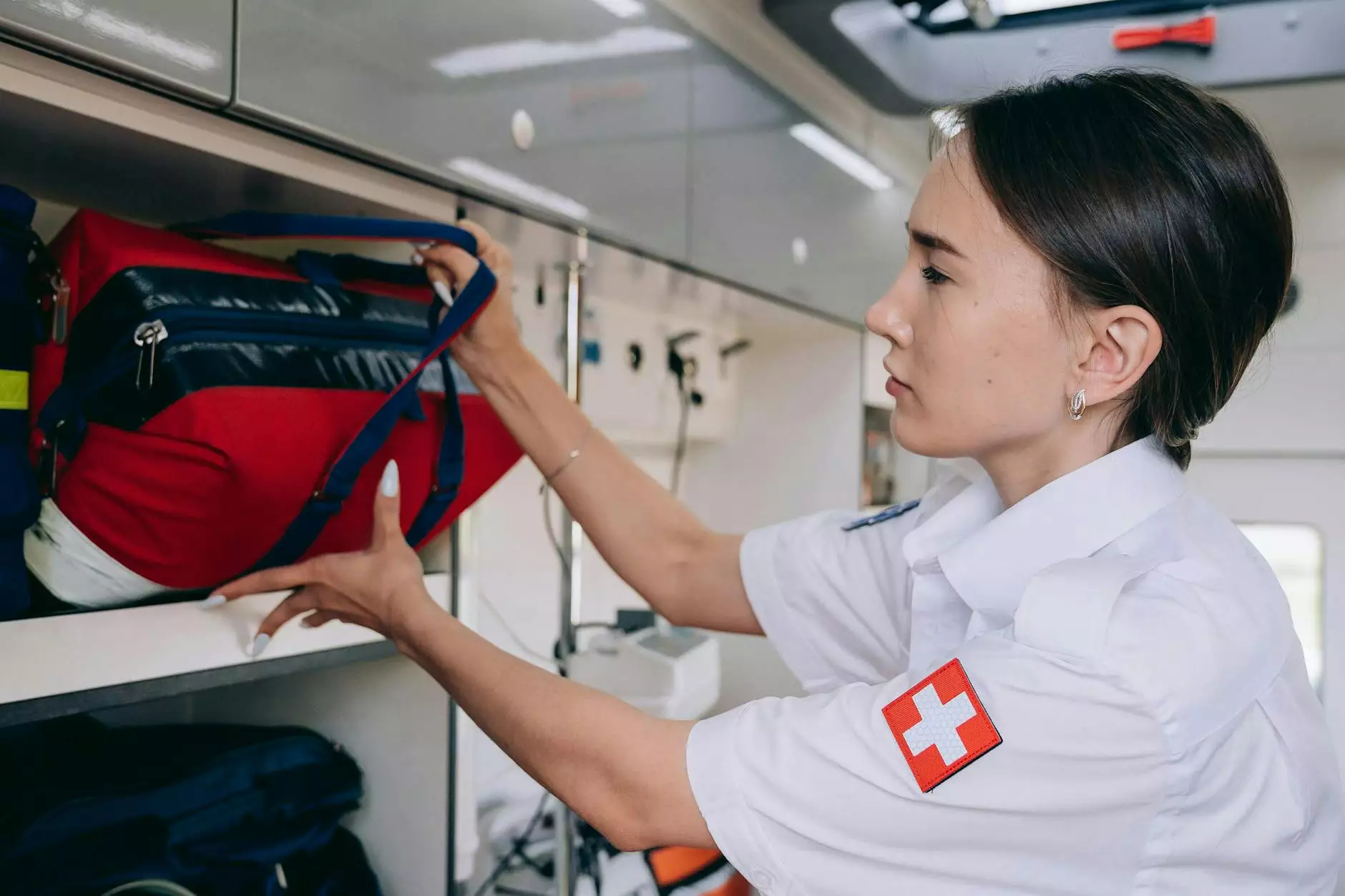Comprehensive Insights on Stomach Cancer Doctors: Expertise and Care

Stomach cancer, also known as gastric cancer, is a significant global health concern that affects thousands of individuals each year. Understanding the role of stomach cancer doctors can dramatically influence the outcome of this serious disease. These specialists play a critical role in a patient’s journey, from the initial stages of diagnosis to the intricate processes of treatment and follow-up care. In this article, we will delve into the expertise required of these professionals, the treatment options available, and the importance of patient care and ongoing research in this field.
The Role of Stomach Cancer Doctors
Stomach cancer doctors, also known as oncologists specializing in gastrointestinal cancers, have a unique skill set that combines medical knowledge with an empathetic approach to patient care. Their responsibilities include:
- Diagnosis: Conducting thorough evaluations to determine the presence of stomach cancer.
- Treatment Planning: Employing various therapeutic strategies tailored to individual patient needs.
- Surgical Interventions: Collaborating with surgical oncologists to provide comprehensive care.
- Follow-Up Care: Monitoring patient progress and managing any long-term effects of treatment.
- Research: Participating in clinical trials and research studies to improve treatment outcomes.
Understanding Stomach Cancer
Before delving deeper into the expertise of stomach cancer doctors, it is essential to understand what stomach cancer is. Stomach cancer occurs when malignant cells form in the lining of the stomach. It can be particularly insidious, often remaining asymptomatic in the early stages. Common symptoms that may lead to diagnosis include:
- Persistent indigestion or heartburn.
- Nausea or vomiting, particularly if there’s blood present.
- Difficulty swallowing (dysphagia).
- Loss of appetite and unintentional weight loss.
- Abdominal pain or discomfort.
Importance of Early Diagnosis
Early detection of stomach cancer is crucial for improving survival rates. Stomach cancer doctors utilize various diagnostic methods to ensure accurate and timely diagnosis, which may include:
- Endoscopy: A procedure where a thin tube with a camera is inserted through the mouth to view the stomach directly.
- Biopsy: A sample of stomach tissue may be taken during endoscopy for laboratory analysis.
- Imaging Tests: X-rays, CT scans, and MRIs help assess the extent of cancer spread.
- Blood Tests: To check for anemia or other indicators of cancer.
Treatment Options
Once diagnosed, the treatment journey begins. The approach depends on several factors, including the stage of cancer, the patient's overall health, and their personal preferences. Stomach cancer doctors typically consider the following treatment options:
Surgery
Surgery is often the primary treatment for stomach cancer, especially if detected early. The surgical options include:
- Partial Gastrectomy: Removing a portion of the stomach.
- Total Gastrectomy: Removing the entire stomach along with nearby lymph nodes.
- Laparoscopic Surgery: Less invasive techniques allowing for quicker recovery.
Chemotherapy
Chemotherapy uses potent drugs to kill cancer cells. Stomach cancer doctors might recommend chemotherapy:
- Before surgery (neoadjuvant chemotherapy) to shrink tumors.
- After surgery (adjuvant chemotherapy) to eliminate remaining cancer cells.
- As the primary treatment for advanced cancer cases.
Radiation Therapy
Radiation therapy may be employed in conjunction with other treatments to increase effectiveness, particularly in reducing symptoms or targeting remaining cancerous cells post-surgery.
Palliative Care and Support
Management of symptoms and improving quality of life is an essential aspect of treatment, especially for advanced stomach cancer. Palliative care services provided by stomach cancer doctors focus on:
- Pain Management: Utilizing medications and therapies to alleviate pain.
- Nutritional Support: Addressing any dietary issues that arise from cancer or treatment.
- Psychological Support: Providing counseling and support groups for emotional well-being.
The Importance of a Multidisciplinary Approach
Effective treatment and care for stomach cancer require a cohesive approach among various healthcare professionals. This team may consist of:
- Medical Oncologists: Specialists who handle chemotherapy and overall treatment planning.
- Surgical Oncologists: Surgeons focused on removing tumors.
- Radiation Oncologists: Experts in administering radiation therapy.
- Nurses: Providing continual care and patient support.
- Dietitians: Ensuring proper nutrition for recovery.
- Palliative Care Specialists: Focusing on comfort and quality of life.
Advances in Stomach Cancer Treatment
The landscape of stomach cancer treatment is continuously evolving, with ongoing research leading to innovation and improved outcomes. Some notable advancements include:
Minimally Invasive Surgical Techniques
Technological advancements have led to the rise of laparoscopic and robotic-assisted surgeries, which are less traumatic for patients and allow for quicker recoveries.
Targeted Therapies
These therapies focus on specific characteristics of cancer cells, providing more effective treatments with potentially fewer side effects. More research in this area promises to yield exciting new options.
Immunotherapy
A growing field where the body's immune system is trained to fight cancer more effectively. Immunotherapies have shown promise especially for advanced stages of stomach cancer.
Patient Advocacy and Education
Informed patients are empowered patients. Stomach cancer doctors play an essential role in educating patients about their disease, treatment options, and the importance of participation in clinical trials. Resources include:
- Patient Support Groups: Offering a platform for shared experiences and emotional support.
- Online Resources: Organizations like the American Cancer Society provide a wealth of information.
- Educational Brochures: Detailed information on treatment processes and available support.
Final Thoughts
The journey through stomach cancer treatment can be daunting, but knowing the pivotal role of stomach cancer doctors brings hope and clarity. Through their expertise, compassion, and commitment to ongoing research, these medical professionals provide essential support, helping patients navigate their treatment journey with as much comfort and effectiveness as possible. As advancements continue in diagnostics and treatment options, patients are encouraged to remain positive and proactive in their care decisions.
For those seeking information and assistance, consulting resources like oncologicalsurgery.net can be invaluable in connecting with experienced professionals who specialize in stomach cancer treatment.



